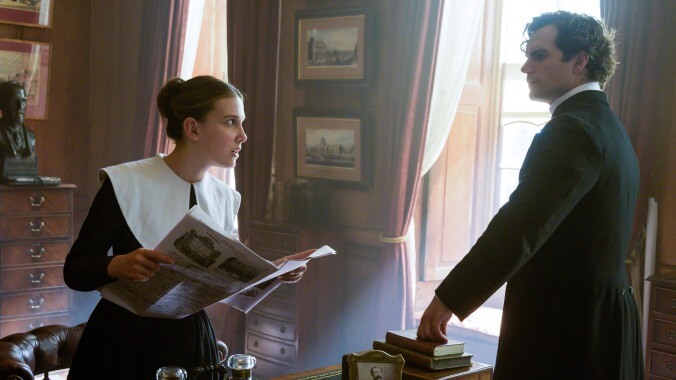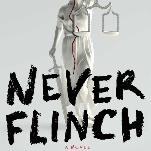Photo: ALEX BAILEY/Netflix
The public domain is a tricky concept—which is to say, there’s a lot of money wrapped up in it, and so people like to argue about it, often to frankly absurd lengths. For instance! A lawsuit—launched back in June, but getting more attention now that the film’s just released its first trailer—alleging that Netflix’s Enola Holmes infringes on the copyright of Arthur Conan Doyle’s family, because it shows Henry Cavill’s Sherlock having legally actionaable feelings.
See, the Doyle estate argues that, while they admittedly lost the copyright to all of the Holmes stories written before 1923—i.e., most of them—into the public domain back in 2014, it’s only in the latter stories that they still have the rights to that Doyle began to give Holmes recognizable human emotions. (A reaction, they argue, to Doyle wrestling with his grief over the loved ones he lost during World War I.) Said feelings—like, say, being worried about his (non-canonical) sister Enola—are thus a new element Doyle only introduced in those later stories, which makes them trademarked elements still controlled by the family, so pony up, MBB.
This isn’t the first time the estate has levied this argument; they previously made similar claims against Miramax’s 2015 release Mr. Holmes, which were subsequently settled out of court. Meanwhile, they do not appear to have tried this tactic with 2018's Holmes & Watson, presumably because “Being a big, dopey, surprisingly unfunny goober” wasn’t included in the “feelings” Doyle added to his later works. In any case, it’s a pretty wild legal argument, in that the family has ceded its control over Holmes’ body, but not over the workings of his inner heart.
[via The Hollywood Reporter]







































